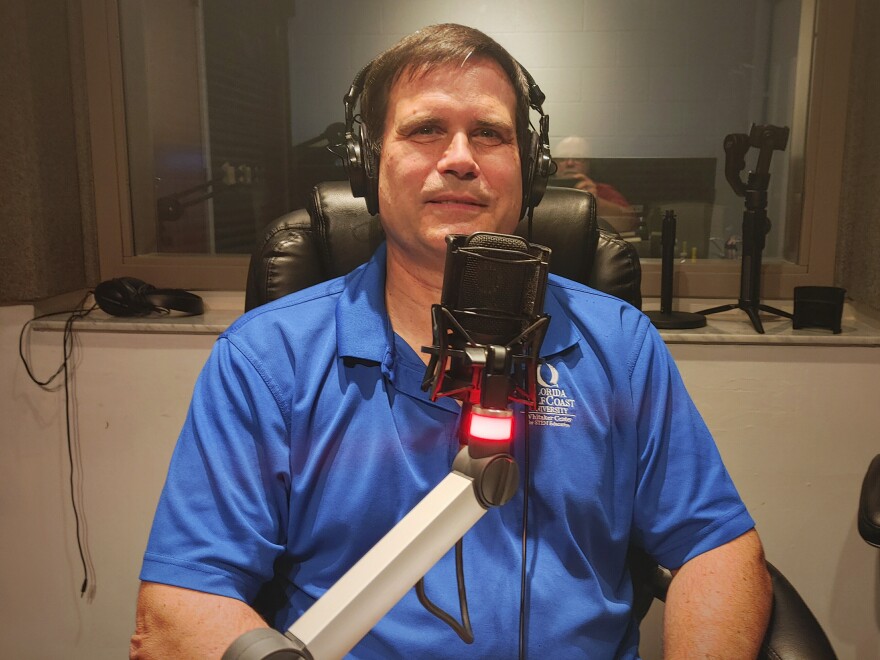Since the 1960s there have been more than 100 space telescopes sent into orbit and beyond to help astronomers collect information about the universe. Space telescopes gain an advantage over land-based telescopes because they’re beyond Earth’s atmosphere, which blocks some of the light heading our way. The Hubble Space Telescope — launched in 1990 — was a big leap forward. And now, it’s been exactly one year since the James Webb Space Telescope sent back its first images and it’s been an even bigger leap forward.
And there are other new space telescopes being launched, including the European Space Agency’s Euclid that is designed to explore the composition and evolution of what’s known as the ‘dark Universe’ comprised of dark matter and dark energy — it launched on July 1.
Add to that the rise of commercial space launches for both science and adventure, and it’s probably fair to say we’re in an exciting time for space science and exploration.
We explore some of what’s been happening, and where we’re heading, with Dr. Derek Buzasi is an astronomer and the Whitaker Eminent Scholar in Florida Gulf Coast University’s Department of Chemistry and Physics.
WGCU is your trusted source for news and information in Southwest Florida. We are a nonprofit public service, and your support is more critical than ever. Keep public media strong and donate now. Thank you.



